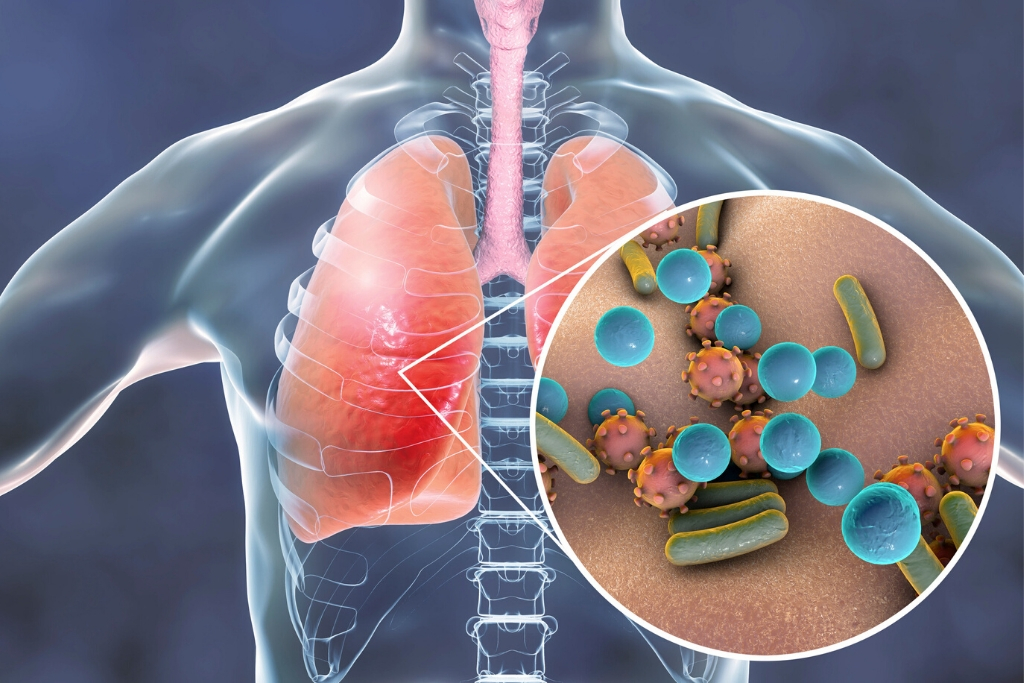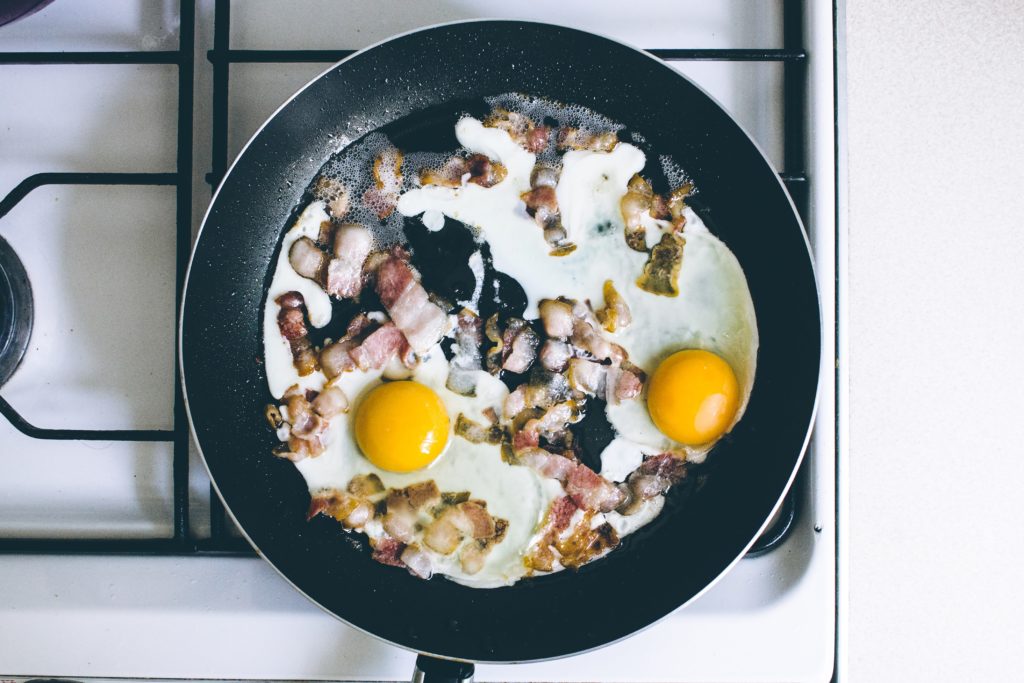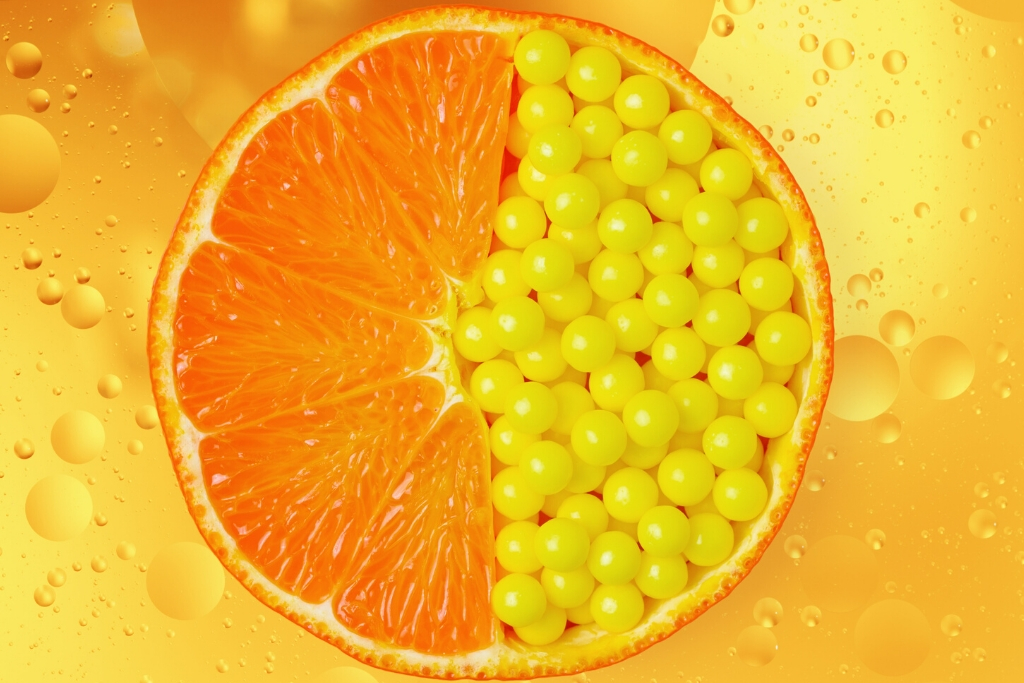There are only two things between you and the coronavirus: your safety precautions and your immune system. Unfortunately, your safety precautions are not always enough to prevent contact with the virus, since you are semi-dependant on other people being just as cautious as you are.
This leaves you with your immune system as your best form of defense against coronavirus. Once COVID-19 enters your body, your immune system will immediately kick into ‘protective mode’, sending your body’s first responder cells to begin the fight.
It’s incredible how your body works – with its army of white blood cells. And just like any army, this one needs nutrients to stay strong and survive the fight.

It is your job to eat and drink as well as you possibly can and to provide your immune system with all the right micronutrients so it can protect you.
Below is a list of proven nutrients for an immunity boost (and a one-up against Coronavirus).
1. Minerals: Zinc, Selene, and Iron
First, you need to help your immune system grow cells. Iron, zinc, and selenium are the minerals required for this function. Besides assisting your cells to develop, each of these nutrients has its own role.
Zinc helps your mucous membranes stay healthy, as well as your skin. This is important, as your mucous membranes can get damaged when you have an infection. You can find zinc in chicken, meat, seafood, dried beans, and nuts.
Selenium is usually taken together with zinc because they sometimes work in synergy. It is there to repair the damage done by oxidative stress. It is mostly found in nuts and mushrooms.
Iron helps eliminate viruses and other germs by boosting the number of free radicals. Besides that, it enables the reactions that the immune system requires for its cells to be able to target the pathogens. Find your iron in beets, meat, chicken, fish, spinach, leaf vegetables, and beans.
2. Vitamin A
The first line of defense against any virus is vitamin A. This is because it is necessary for the integrity of the cells that compose your skin, gut, and respiratory tract. If you come in contact with a virus and your respiratory tract repels them, you can avoid the infection altogether.
If the germs are successful in their invasion, vitamin A still helps by creating antibodies that eradicate pathogens. You get your vitamin A from carrots, bell peppers, pumpkin, legumes, nuts, seeds, cheese, yolks, and cod oil.
3. Vitamin B Group
Once the pathogens are inside your body, you should hope you are all stocked up on vitamins B6, B9, and B12. These nutrients help produce the killer cells that destroy the pathogens.
You will find vitamin B6 in leafy vegetables, chicken, fish and meat, legumes, and cereals. You can have it in bread, oatmeal and brown rice.
B9 is found in green leafy veggies, nuts, and seeds, and you can find it in bread, especially in the whole-wheat kind. B9 is in yeast, oranges, and wheat germ.
B12 is in meat, chicken, and fish, but also eggs, cheese, and fortified soy milk. It’s not available in leafy veggies, but some fortified cereals are adding it, so check the labels.

4. Vitamin C
One of the processes that happens in your body when it is fighting an infection is oxidative stress. This is when free radicals are produced to kill pathogens. Free radicals are not precise, and they are quite destructive so that they can cause inflammation.
Vitamin C is there to protect the cells from the effects of free radicals. They are there to clean up after the battle.

Find your vitamin C in citruses, kiwi, broccoli, kale, papaya, and cantaloupe.
5. Vitamin D
Some immune cells need vitamin D to help destroy pathogens that cause infection.
Although sun exposure allows the body to produce vitamin D, food sources including eggs, fish, and some kinds of milk and margarine brands may be fortified with Vitamin D (meaning extra has been added).
Most people need just a few minutes outdoors most days.
People with vitamin D deficiency may need supplements. A review of 25 studies found vitamin D supplements can help protect against acute respiratory infections, particularly among people who are deficient.
If the threat is serious, like it is with coronavirus, you need all of the cells deployed in this fight. Some types of cells require vitamin D to destroy pathogens.
The thing is, it is quite hard to get all the vitamin D you need from food. You can find it in butter, eggs, fish, and fortified milk, but most of it, you get from – sunshine.
Be careful about the supplementation, though. It should always be monitored by a doctor because too much vitamin D can cause various health issues.
6. Vitamin E
It is no wonder that vitamin E, famous for its anti-aging properties, is one of the nutrients that helps fight off germs.
It is a powerful antioxidant, which basically means it helps the body with fighting off infection but also to clean up after the battle of free radicals and pathogens. You will find vitamin E in olive oil, seeds, nuts, and spinach.
While these nutrients are fantastic in helping you boost your immune system, they are not enough if you have an unhealthy diet/ lifestyle.

It is not always easy to find the best ingredients in your store, but it is possible to find some of them. During these challenging times spend your time at home social distancing and cooking healthy, nutrient-rich meals for your family. That is the best way to fight coronavirus after meticulous hygiene.

